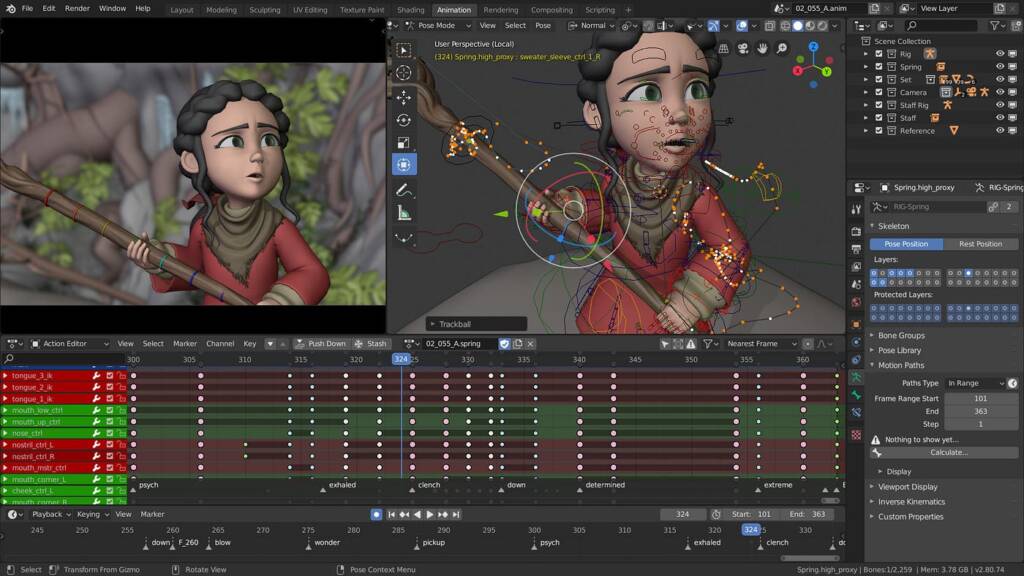
The Importance of World-Building in Games
World-building is the backbone of any immersive game, creating a living, breathing environment that draws players into the experience. Iconic games like The Elder Scrolls V: Skyrim and The Witcher 3 transport players to richly detailed worlds filled with lore, culture, and dynamic ecosystems. In these games, every element whether it’s the design of a city, the behavior of NPCs, or the environmental storytelling contributes to the depth and believability of the world. Good world-building allows players to feel like they are part of something larger than the immediate gameplay, encouraging exploration and discovery beyond the main narrative.
Storytelling Through Game Mechanics
In many games, the mechanics themselves are a form of storytelling. Games like Dark Souls and Celeste use gameplay difficulty to reflect the internal struggles of their characters, where overcoming seemingly insurmountable challenges mirrors the themes of perseverance and growth. In Celeste, the platforming mechanics tie directly to the protagonist’s emotional journey, with each level serving as a metaphor for overcoming anxiety and self-doubt. This integration of gameplay and narrative deepens the player’s connection to the story, making the overall experience more cohesive and impactful.
The Role of Art and Visual Design
Art direction plays a crucial role in creating an immersive gaming experience. Games like Horizon Zero Dawn and Ori and the Blind Forest are praised for their breathtaking visuals, with environments that feel vibrant and alive. Art design shapes the emotional tone of a game, whether it’s the lush, vibrant landscapes of Horizon Zero Dawn or the ethereal, hand-drawn aesthetic of Ori. Strong visual design also helps guide players through the game world, using colors, lighting, and environmental cues to enhance exploration and storytelling without relying on text or dialogue.
The Sound of Immersion: Music and Audio Design
Sound design is often an overlooked but vital component of immersive game experiences. The music and sound effects in a game can evoke a wide range of emotions, from the haunting melodies of Silent Hill to the epic orchestral scores of The Legend of Zelda. A well-crafted soundtrack can make a player feel anxious, hopeful, or triumphant, while sound effects bring the game world to life. Footsteps echoing in an empty hallway, the crackle of fire in the distance, or the rustling of leaves in the wind can all contribute to the atmosphere, making the game world feel real and immersive.


